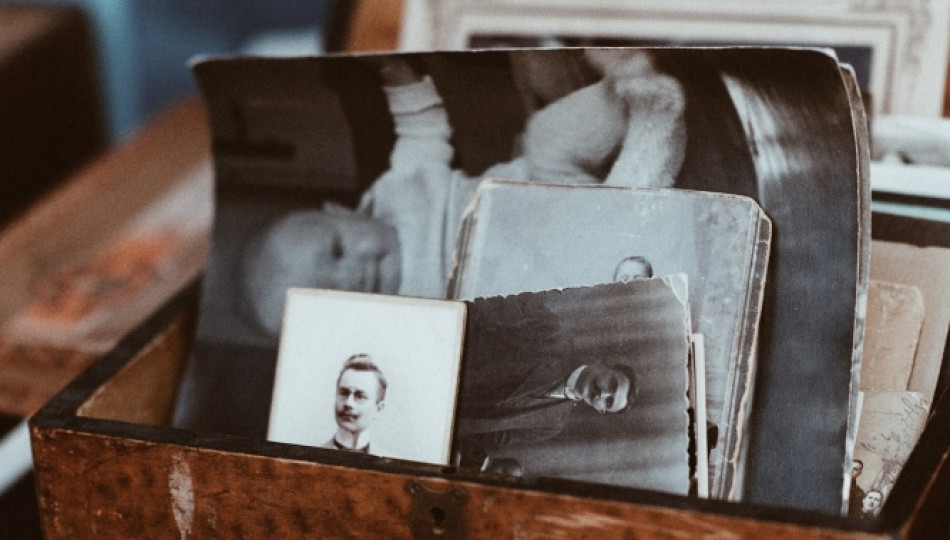Tracing Polish ancestors

Editor

related articles
- Make sure you understand Polish history
Tracing back your roots may require a bit of historical knowledge. While your 20th-century family history may be quite recent and therefore more accessible, it is usually 19th century and back that people are interested in. As you may have known, Poland has been stripped of its independence throughout the whole 1800s and a bit of the 18th century, too. This means that some records you are looking for may be either in German (Prussian and Austrian partitions) or Russian (Russian partition). Unfortunately, as the officials back in that time were required to prepare all the documents in these foreign languages, it often resulted in misspelling Polish names or locations – make sure you look out for that.
- Realise specifics of Polish language
Many people looking into their Polish ancestry have little awareness of the specifics of the Polish language, simply because they do not speak it. Obviously very few would be eager to learn it simply in order to build a more accurate family tree, but there are some basics that need to be known.
Polish alphabet contains more letters that are not present in the Latin alphabet. These are: ą, ć, ę, ł, ń, ó, ś, ź, ż, and although over time Polish emigrants learnt to simplify them and adjust to their new homeland’s administrative requirements, Polish records will probably contain original Polish spelling. If the spelling is too confusing, it is always a good idea to consult a native Polish speaker annd ask if the name you are seeing is a family name, first name or a name of a village.
Another common misunderstanding is related to female family names. There are a lot of typical Polish surnames that end with -ski or -cki for male family members and -ska and -cka respectively for females. While abroad Polish women usually bear male versions of the surname for unification purposes, Polish records will always use original female versions for any woman born here. Of course there is a large number of Polish last names that are not the case here – they are simply the same for both male and female bearers.
Compare: Adam Nowak (m) and Anna Nowak (f) versus Adam Kowalski (m) and Anna Kowalska (f).
- Learn your ancestors’ religion
Yes, modern Poland is overwhelmingly associated with Roman Catholicism, but in the past there used to be much more religious diversity all across the country. Apart from Catholics, a significant number of Polish noblemen was Protestant (usually Calvinist), while common people could be either Orthodox (Eastern Poland) or Lutheran (towns and cities in modern Western Poland). There was also a large Jewish population spread all over the country. Once you establish your ancestors’ religious affiliation, you can reach out to their local Catholic parish or other church unit to ask for baptism, death and marriage records. Please bear in mind that in the past, the Catholic Church in Poland held also an overwhelmingly administrative function and was very often the only body that registered citizens, even of non-Catholic denominations.
- Dig online
Polish archives are being digitalised in a rather efficient manner. This is why very often you will be able to track back some ancestors without leaving your home. Finding a baptism record may become a wonderful opportunity to learn not only your ancestor’s full name and date of birth, but also his parents’ names and occupations, mother’s maiden name, and godparents, which may help establish further family connections. If you have trouble finding digitalised records, think twice, maybe somebody has already done that for you and you can learn it if you…
- Set up genealogy website account
There are a few very popular international family search websites where you can create your own genealogical tree and insert what you already know about your ancestors. Sharing your personal data online can be quite tricky, but if you are digging into your 19th-century family history, there is not too much space for privacy breach. As many families used to be multi child in the past, putting your great-grandfather’s name out there may match you with someone who is related to his siblings and has already covered a large part of finding your common great-great-grandparents. If you have no clue about your ancestry, give it a try!
That is a few thoughts to get you started with doing family search in Poland! Have you ever tried that or is it on your never-ending to-do list? If you have any success in this field, let us know in the comments and share your own trusted tips for researching ancestors in Poland!












